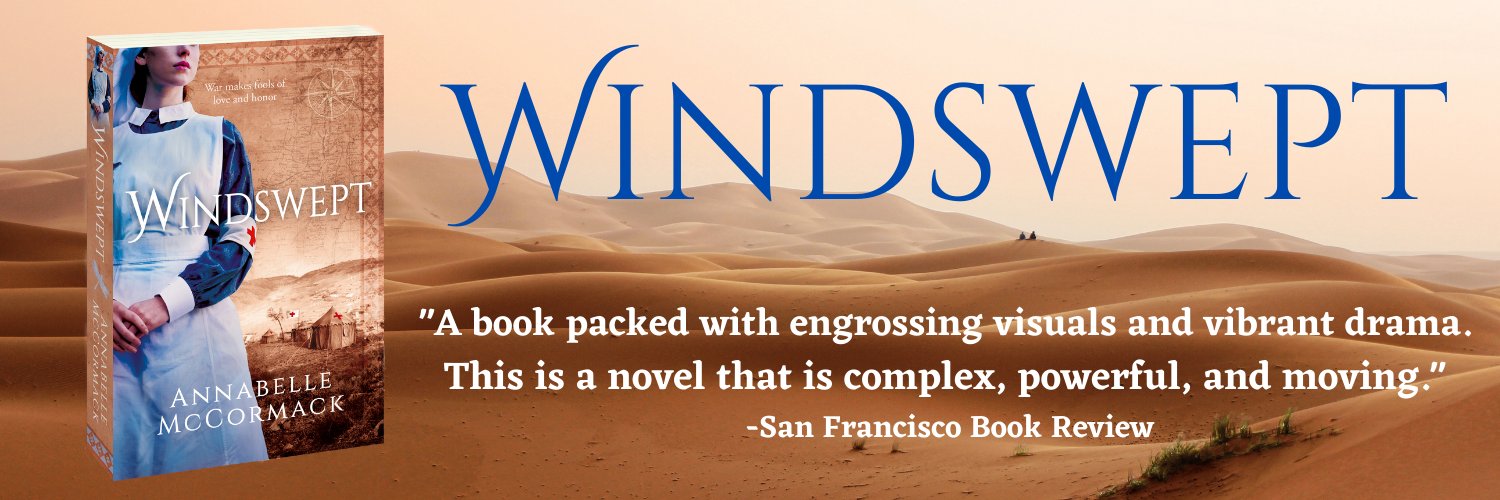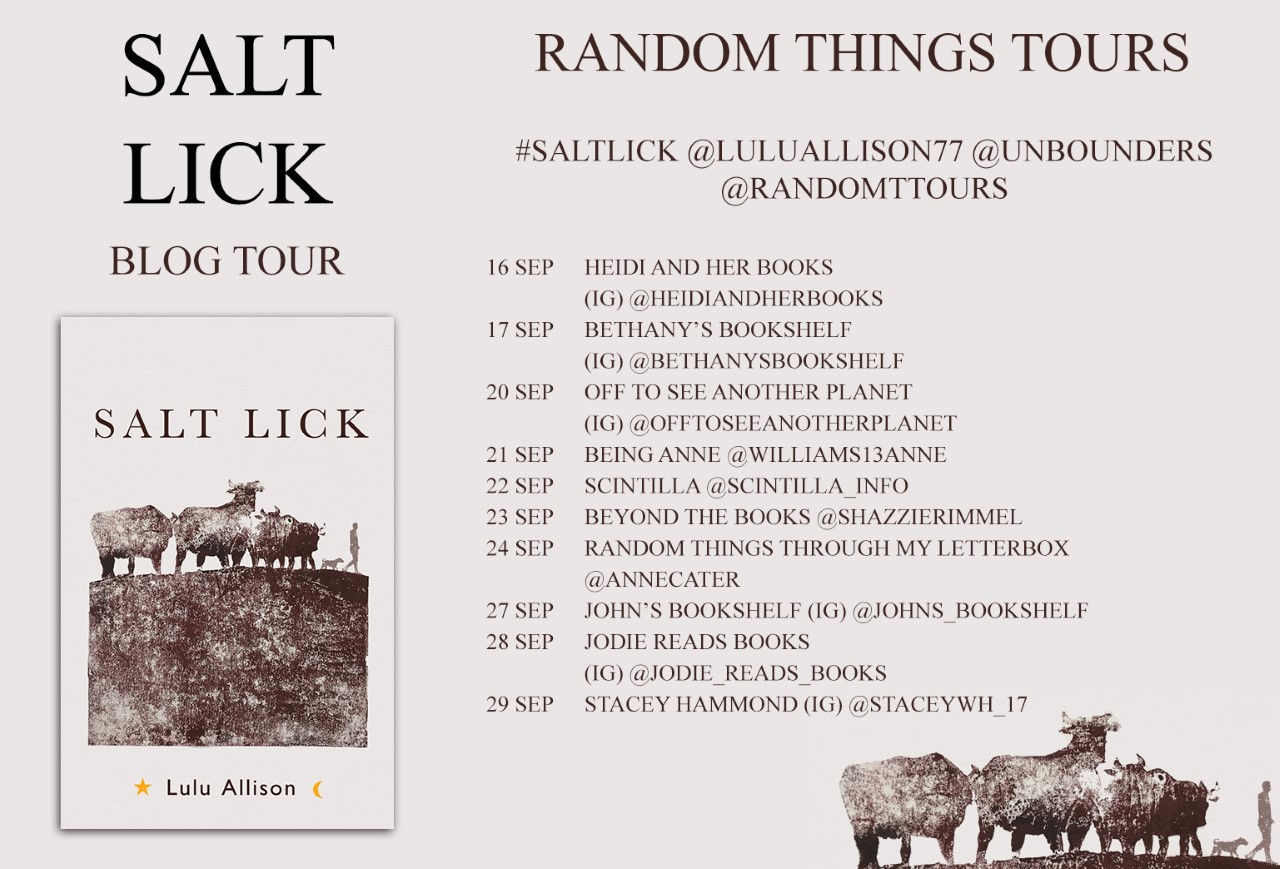Sport has an extraordinary, unique capacity to challenge and change society – to bring joy and hope; to improve physical and mental health, reduce loneliness and build self-esteem and happiness. It’s also a multi-billion-pound commercial industry that can transform lives, businesses, nations and regions. Why has half the population been deprived of access to something so culturally powerful?
In recent years, the landscape for women’s sport has finally begun to shift. We’ve seen significant increases in investment, spectators and media coverage. More women as professional athletes and taking influential roles as board directors, editors, officials and CEOs.
Yet still, female athletes don’t get equal funding or opportunities. In many sports, women receive less prize money, lower sponsorship revenues and a tiny fraction of the media coverage.
Drawing on her own experiences, and interviews with high profile Olympic and Paralympic champions, broadcasters, journalists, sports scientists, CEOs, officials and sponsors, Sue Anstiss investigates why women have been excluded from the world of sport for centuries – and why we are now witnessing positive change as never before.
Game On is a celebration of the trailblazing women opening doors for others and a manifesto for women’s sport – a rallying cry to ensure the progress we are currently seeing goes from strength to strength.
Game On by Sue Anstiss was published on 2 September 2021 by Unbound.
As part of this #RandomThingsTours blog tour I am delighted to share an extract from the book with you today.
Extract from
Game On by Sue Anstiss
Sport’s powerful force for good has long been accepted.
It was 20 years ago that Nelson Mandela said ‘Sport has the power to change the world. It has the power to inspire, it has the power to unite people in the way that little else does… Sport can create hope, where once there was only despair. It is more powerful than governments in breaking down racial barriers. It laughs in the face of all types of discrimination.’
Sport is something unique in our culture. Is has enormous potential to be socially disruptive. It can unite and divide us like nothing else. Enormous national pride results from success at Olympic Games and World Cups, alongside the divisive vitriol and animosity from opposing football fans.
For many people sport is their ‘go to’ conversation starter. Millions of pounds of business are done every year over a round of golf or in a hospitality box at the cricket. All news bulletins end with sport, there are sports pages at the back of every newspaper, our government and big brands invest billions in sport every year.
Yet, until now, women haven’t had equal access to sport and all the joys and benefits it offers.
Sport reflects and magnifies key gender issues in society. The momentous shift in women’s sport since 2012 is in line with the ‘fourth wave’ of feminism and its focus on empowering women to ensure greater female representation in politics and business.
Attitudes around women have changed. From women’s bodies to women’s rights, powerful campaigns have seen women collaborate and mobilise to call out harassment and misogyny, demanding equal pay and equal opportunities with the likes of #metoo, No More Page 3, Time’s Up, the Everyday Sexism Project and the Women’s Marches.
Everyone can play their part in calling out sexism in sport when they see it. Count the number of articles about women’s sport you see in papers, on websites or on radio bulletins, and when it’s not equal to men’s coverage, make some noise about it on social media. Back campaigns that support equal pay and coverage. If you’re a fan of a men’s football, rugby or cricket team encourage them to invest equally in their women’s teams too.
Celebrate the brands and organisations that are choosing backing women’s sport - buy their products to show your support.
Watch more women’s sport as a spectator at live events or when it’s broadcast and encourage others to do the same.
Encourage the women in your world to enjoy sports at every level.
Sport matters. Game on.
Sue Anstiss has been a pioneer in women's sport for over thirty years. A founding trustee of the
Women's Sport Trust, and co-founder of the Women's Sport Collective, in 2018 Sue received an MBE for her services to women's sport.
Sue's award-winning podcast The Game Changers celebrates trailblazing women and her guests include some of the most influential in global sport.
Sue is now CEO of Fearless Women, a company with a powerful ambition to drive positive change for women's sport.






















































